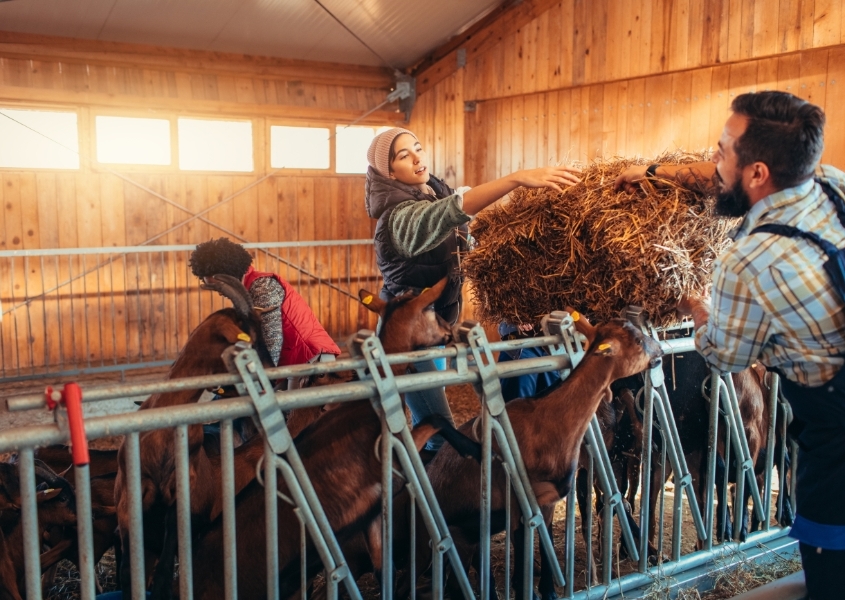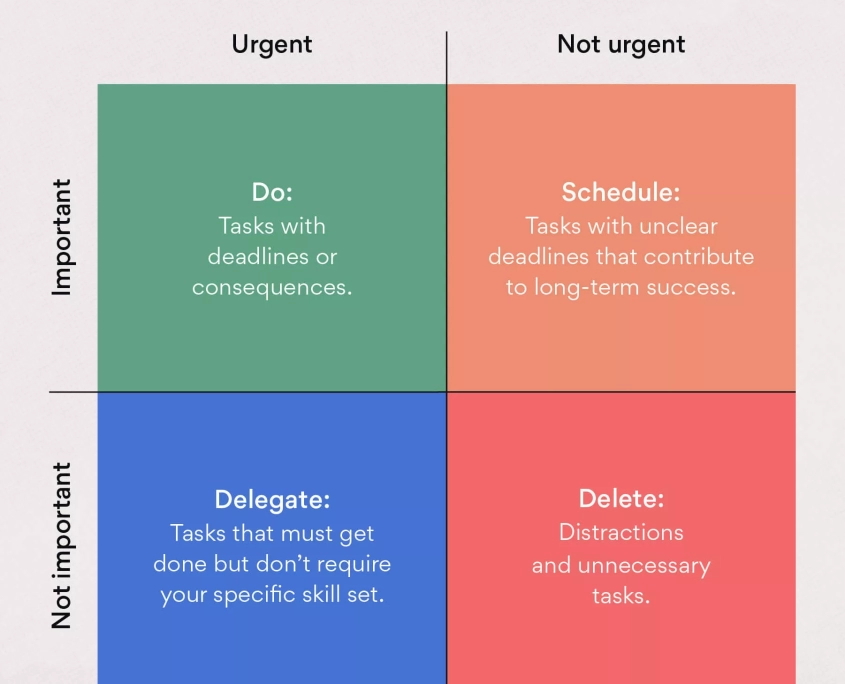An organisational structure is the backbone of any successful operation. It defines how tasks are divided, how roles are coordinated, and how communication flows within your farm. Without a well-thought-out structure, even the most dedicated farming teams can struggle with inefficiency, miscommunication, and burnout.
Many farms operate in a reactive mode, constantly addressing urgent issues instead of proactively managing their operations. This lack of clarity often results in wasted time, reduced productivity, and a lack of work-life balance.
But here’s the good news: A well-designed organisational structure can help. By clarifying roles, streamlining reporting lines, and adopting effective leadership models, you can create a farm operation that thrives without constant micromanagement. Imagine a system where everyone knows their responsibilities, tasks are executed seamlessly, and you finally have time to focus on growth and family.
In this blog, we’ll explore practical, proven strategies to design an organisational structure that doesn’t just run your farm but helps it grow—all while giving you more time to focus on what truly matters.
Maximise Efficiency with the 3-Report Rule
The first step in building an efficient structure is simplifying your reporting lines. Ideally, each person on your team should report to just one leader. However, there are situations where this might not be feasible. In such cases, a person should never report to more than two leaders.
Why is this important? More than two reporting relationships create confusion, inefficiency, and communication breakdowns. For example, an administrator juggling tasks for four different managers can quickly become overwhelmed, leading to errors and missed deadlines.
Strive for one direct report wherever possible, with two as the absolute maximum. Simpler reporting equals better communication and accountability.
Operational vs. Strategic Leadership
A successful farm requires two types of leadership:
- Operational Leaders focus on executing day-to-day tasks, such as crop management, livestock care, and equipment maintenance.
- Strategic Leaders handle the big-picture decisions, like investments, market strategies, and long-term planning.
For example, deciding whether to plant a new crop involves strategic leadership, while managing the planting schedule falls under operational leadership. Both roles are equally important but must be clearly defined to avoid overlap and inefficiency.
In this case, identify who on your team will focus on strategic decisions and who will lead operations. Ensure they coordinate seamlessly to achieve shared goals.
Roles, Responsibilities, and the Power of Clarity
One of the biggest mistakes farms make is creating their organisational chart around people instead of roles. This leads to confusion when roles change or team members leave.
Instead, start by defining roles and their responsibilities. Aim for three to ten core responsibilities per role. For instance:
- Operations Manager: Scheduling fieldwork, overseeing inventory, managing equipment maintenance.
- Admin Support: Maintaining records, coordinating with suppliers, managing payroll.
Focus on roles first, then assign people to those roles. This way, you’re building a structure that’s sustainable and adaptable.

How to Set Parameters for Each Role
Ambiguity is the enemy of efficiency. Every role on your farm should have clear parameters. This includes defining:
- Start and End Points: When does a role’s responsibility begin and end?
- Performance Metrics: What does success look like for this role?
- Boundaries: What tasks fall outside the scope of this role?
For example, if you’re assigning someone the role of “Cattle Manager,” define whether they’re responsible for just feeding schedules or also health checkups and vaccinations. This clarity avoids miscommunication and ensures everyone knows their lane.
Incorporating External Stakeholders into Your Structure
Farms often rely on external advisors, such as agronomists, consultants, and financial advisors. Including them in your organisational chart clarifies who they communicate with and how their insights are integrated into your operations.
For instance, does your agronomist report to the operations leader or the strategic leader? Defining these connections helps ensure that advice is actionable and doesn’t get lost in translation.
Admin and Support Roles
Admin and support roles often wear many hats, which can lead to inefficiency. Limit their reporting to a maximum of two leaders to reduce stress and increase productivity.
Review your admin team’s responsibilities. Are they stretched too thin? Are they receiving clean and timely data records from you and your ground team so they can perform their role effectively? Simplify their tasks and reporting lines to enhance their effectiveness.
Systems and Tools: Automate to Accelerate
Once your structure is in place, integrate digital tools to automate reporting and communication. Tools like task management systems, digital calendars, and farm management software can save hours of manual work.
For example:
- Use Smartsheet for task tracking.
- Implement Zoom for remote team meetings.
- Create standard operating procedures (SOPs) for repeated tasks.
By leveraging these tools and methods, you can ensure your farm operates smoothly, even during the busiest seasons. Digital automation not only saves time but also minimises errors, keeps everyone on the same page, and allows you to focus on high-level decisions.
Building a Farm Structure That Runs Without You
Creating a clear and efficient organisational structure isn’t just about saving time. It’s about creating a farm operation that’s resilient, scalable, and enjoyable to run. By focusing on roles, responsibilities, and reporting lines, you’re setting the stage for a farm that thrives with less of your direct involvement.
Remember, the ultimate goal is freedom—the freedom to focus on the big picture, spend time with your family, and enjoy the fruits of your hardwork. Ready to take the next step? Access our FREE resources and get personalised support and explore how we can help you implement these strategies on your farm. Let’s create a farm structure that works for you—not the other way around!
If you found this article helpful, share it with your network to help others unlock their farming potential. Don’t forget to like and follow us on social media for more insightful tips: Facebook, Instagram, and LinkedIn. Let’s empower more farmers together!

 Enable Ag
Enable Ag Enable Ag
Enable Ag
 Enable Ag
Enable Ag
 Enable Ag
Enable Ag


